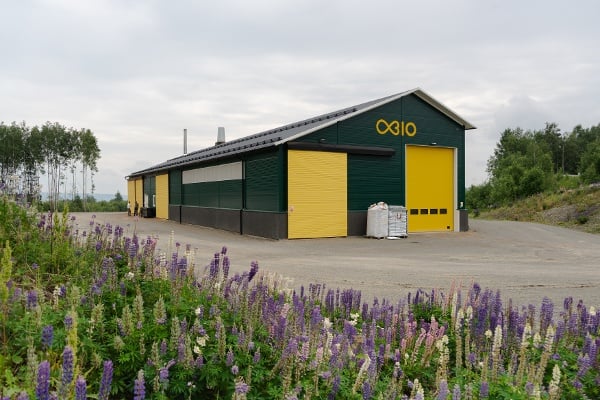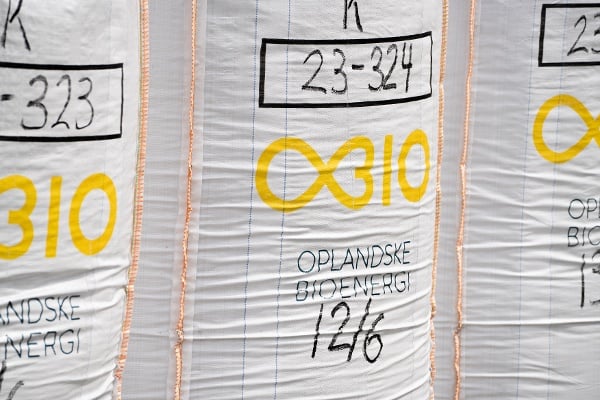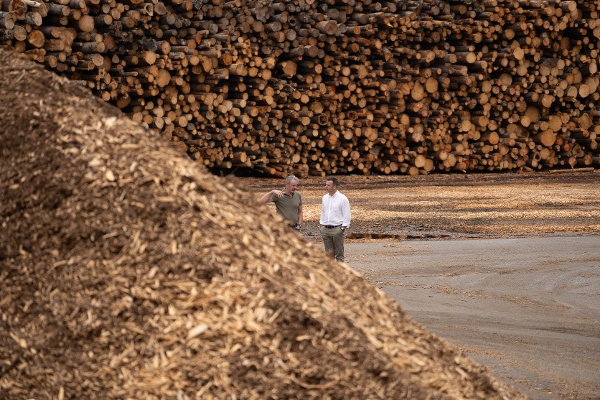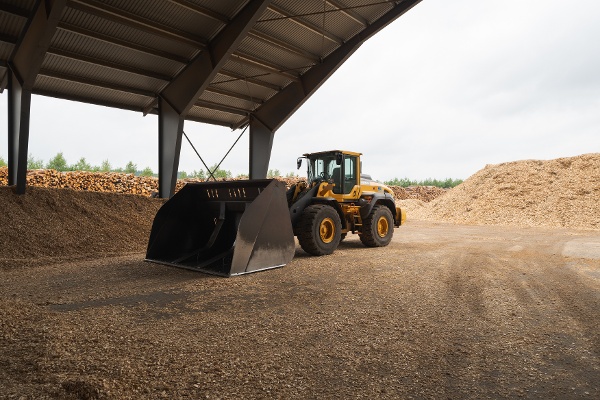
OBIO
- Standard: Puro.earth
- Methodology: Biochar
- Credit Type: CORC
- Facility ID: 643002406801000398
- Location: Norway
- Year of first issuance: 2022
- Status: Audited
- Audited by: bio.inspecta AG
- Spot Inventory: Yes
- Forward Inventory: Yes
Description
OBIO is a leading Norwegian biochar company based in the Opland and central region. They built the first industrial-scale pyrolysis plant in Norway at Rudshøgda in Ringsaker municipality. The facility is state-of-the-art and highly automated, utilizing wood chips sourced from a nearby PEFC certified forestry company, with a transport distance of less than 2km.
OBIO's biochar is used in various commercial and research applications, such as animal litter, feed and urban applications like replacing concrete.
Application
- Animal feed
- Soil improvement for agriculture and urban environments
Co-benefits
- Harvesting and forestry management sustainably decreases the risk of forest fires, insect damage and diseases.
- Biochar is deployed directly or indirectly for soil improvement. It dramatically increases water and nutrient retention in the soil leading to yield increases.
- Biochar reduces nutrient leaching, which has caused damage to waterways and seas. Biochar reduces the need for artificial fertilizers, which are typically energy-intensive to produce.
- Green jobs: The production of biochar creates green jobs throughout the value chain from harvesting to distribution and usage.
- The use of biochar as an animal feed additive has well-documented health benefits and reduces methane emissions.
Additionality
The extra income from the sales of carbon credots allows OBIO to develop and grow the business. The company has plans to scale up operations at the current site and new locations, given that they are able to sell the biochar and CORCs. Revenue from the sales of CORCs is an essential part of their business case for future investment.


